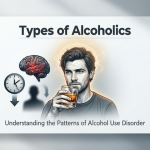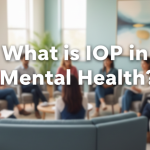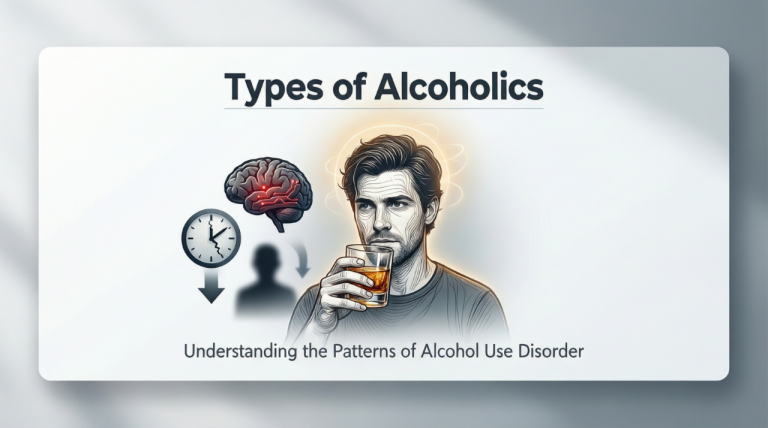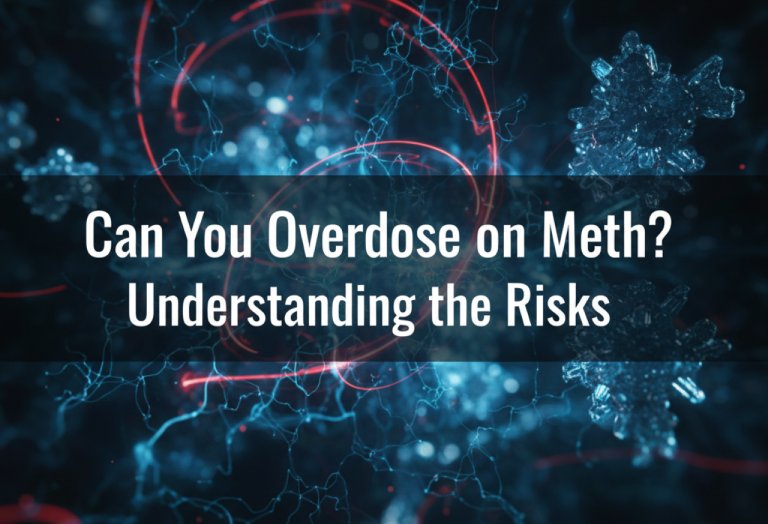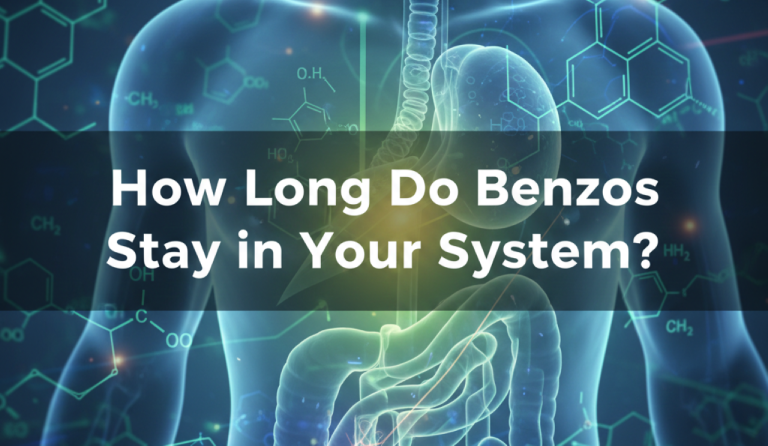Mental health is an important part of overall health, which determines the way people move, think, and feel through their day-to-day functioning. Although mental health treatment includes counseling, medication, and relaxation techniques such as mindfulness, one of the underrated but powerful weapons against mental health issues is exercise. From managing stress and anxiety to improving mood and self-esteem, there is evidence that relationships between exercise and mental health are deep-rooted.
In this blog post, we will look at the ways through which exercise has a positive impact on mental health, identify the kind of exercise that has a positive impact, and most importantly, how to engage in physical activity to help improve our health both physically and mentally.
How Exercise Impacts Mental Health
Fitness is not just physical activity but it has a great way to do with mental health too.
- Improves Mood and Lowers Stress Handling
Exercise promotes the natural production of chemicals in the brain called endorphins, which are known as “feel-good hormones.” These chemicals work on receptors in the brain that cause one to experience less pain and a positive feeling. It also reduces cortisol, the stress hormone, and individuals who exercise can probably manage anxiety and day-to-day stress.
- Improves Sleep Quality
There is evidence that physical activity in general does help improve sleep—when people exercise, they can fall asleep faster and enjoy an improved quality of sleep. Sleep is a key part of mental health and when it is well, the chances are high that one will have better mental health and a person will have an improved mood and the ability to focus as well.
- Enhances Cognitive Function
Jogging leads to an increase in brain volume and increases neuroplasticity, which is the ability of the brain to create new neurological connections. Jogging, cycling, or doing yoga has been linked to having a good memory and the ability to concentrate and solve problems.
- Has a Positive Impact on Symptoms of Depression and Anxiety
According to many studies and research, exercise can be as potent as pharmacotherapy for some people experiencing mild to moderate depression and anxiety. This regularly tends to maintain and manipulate certain chemicals in the brain, particularly serotonin and dopamine, which are fundamental to moods.
- Fosters Social Connections
Fitness classes, which are usually relay-based, team sports, or running groups formed by combining several individuals, afford a social element. Appropriate relations and supporting networks are vital requirements to develop coping resources and counter loneliness.
- Equips a Person to Face Life’s Challenges
Exercise brings discipline, tolerance to ordeals, as well as the capacity to endure pain in the physical body. Some of these lessons spill over into day-to-day life and enable people to deal more effectively with psychological and emotional problems.
- Feelings of Accomplishment
Setting personal fitness goals, such as running 5k steps or performing a new yoga posture, helps improve self-esteem. This creates a positive attitude, which is very essential for good mental health and outweighs the negative effects.
Types of Exercise and Their Benefits for Mental Health
Some forms of exercise tend to be more effective for mental health than other forms of physical activity. For example, those who enjoy running have come to expect various health benefits from it and recognize that it differs from other forms of physical exercise.
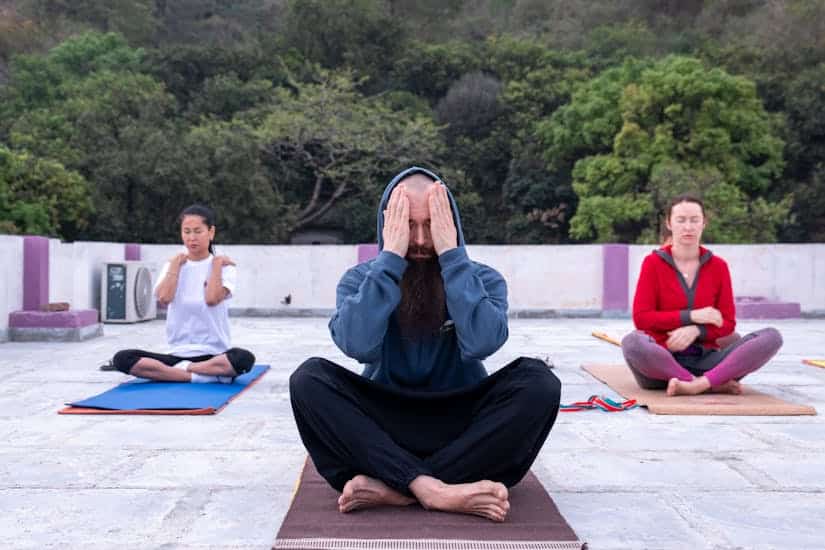
Aerobic Exercise
- Examples: Running, swimming, cycling
- Such exercises are good for increasing the endurance of the cardiovascular system and decreasing the prevalence of depression and anxiety symptoms.
Strength Training
- Examples: weightlifting and other exercises performed using resistant bands.
- They also increase self-esteem by developing muscles physically, meaning that where one has strength, mentally they become stronger.
Mind-Body Exercises
- Examples: Yoga, tai chi, pilates
- These exercises mean motor activity, which goes along with relaxation and a non-stressful state of the subject.
Group Sports
- Examples: Football, basketball, and volleyball
- In this case, the team games create social relationships, which are very essential to human health.
How Much Exercise is Needed for Mental Health Benefits?
Luckily for us, monitoring our mental health does not require us to exercise like a professional athlete. It’s typically not intense; simple moderate exercise is sometimes enough to turn the tide.
Recommended Guidelines
- A level of 150 minutes of moderate-intensity exercise per week, such as walking or cycling.
- 75 minutes of vigorous-intensity exercise, which encompasses running or aerobics per week.
Start Small and Build Consistency
- If 150 minutes looks like a lot, begin with only 10-15 minutes a day. This is the reason for the constant repetition—it allows to develop the pattern that can be used for regular training.
The Social Benefits of Exercise and Mental Health
Exercise does not only improve physical health; it can also improve how people can relate and the feeling of togetherness is also enhanced. It helps to overcome feelings of loneliness by involvement in a fitness class, running group, or sports team.
Exercise and Cognitive Function
Physical exercise has positive effects on mental health such as memory, attention, and problem-solving abilities. Especially for older people, physical activity has been shown to improve brain function and decrease chances of getting diseases such as Alzheimer’s.
Overcoming Barriers to Exercise
However, the reality is that it is quite difficult for many people to commit to exercising. The main challenges are time constraints, motivation deficiency, or absence of resources such as facilities.
Practical Tips
- Set realistic goals: don’t be hasty when making a change, and it should not be a large, sweeping move; instead, attempt it gradually.
- Find Activities You Enjoy: Some special considerations to make are to select enjoyable exercises, preferably motivating.
- Make it Social: Better yet, team up with a friend or decide to attend a class with someone.
- Use Technology: You can use some apps and even wearable devices you can get to motivate you.
Combining Exercise with Other Mental Health Strategies
While exercise is very healthy, it is part of a large toolbox of methods for bettering mental health, including therapy, mindfulness, and nutrition. The integrative mode makes sure that every side of an individual’s life is being improved.
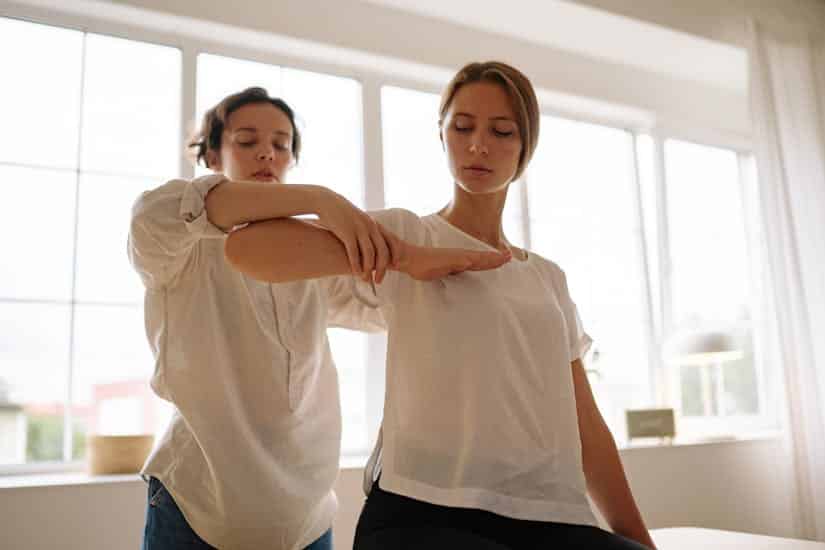
Seeking for Help
Physical activity is one of the most helpful activities for the brain since it helps to free from stress and anxiety, improve mood, and get a better night’s sleep. Thus, every day, it is possible to find activities that you love doing and make physical activity a part of your schedule and this improves your health both physically and mentally. Take the first step to achieving a new, healthier lifestyle. Contact Orlando Treatment Solutions today and let us help you on the road to complete wellness!







